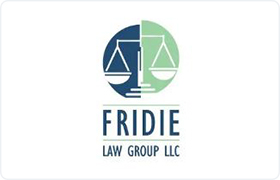Richland Divorce & Family Law Lawyer, New Jersey
Sponsored Law Firm
-
 x
x

Click For More Info:
-
Fridie Law Group L.L.C.
101 Route 130 Suite 306, Madison Building Cinnaminson, NJ 08077» view mapDivorce & Family Law We Fight For Your Rights
Reach out to us today for legal help on your case. We're available for free consultations and return all calls and emails within 24 hours.
800-859-9690
H. Robert Boney
✓ VERIFIEDCriminal, Divorce & Family Law
H. Robert Boney has been practicing criminal defense and family law for 41 years, in additional to some general litigation.
Bonnie Laube
Divorce & Family Law, Family Law, Child Support, Adoption
Status: In Good Standing Licensed: 34 Years
Yaron Helmer
Criminal, Divorce & Family Law, Accident & Injury, Immigration
Status: In Good Standing Licensed: 46 Years
Bohdan Zacharisevych
Mediation, Domestic Violence & Neglect, Family Law, Divorce
Status: In Good Standing
Harry Furman
Employment, Family Law, Personal Injury, Workers' Compensation
Status: In Good Standing Licensed: 39 Years
FREE CONSULTATION
CONTACTCharles W. Gabage
Employment, Family Law, Corporate, Personal Injury
Status: In Good Standing Licensed: 54 Years
Brian G. Howell
Family Law, Wills & Probate, Land Use & Zoning, Premises Liability
Status: In Good Standing Licensed: 45 Years
 James Fridie Cinnaminson, NJ
James Fridie Cinnaminson, NJ Practice AreasExpertise
Practice AreasExpertise

